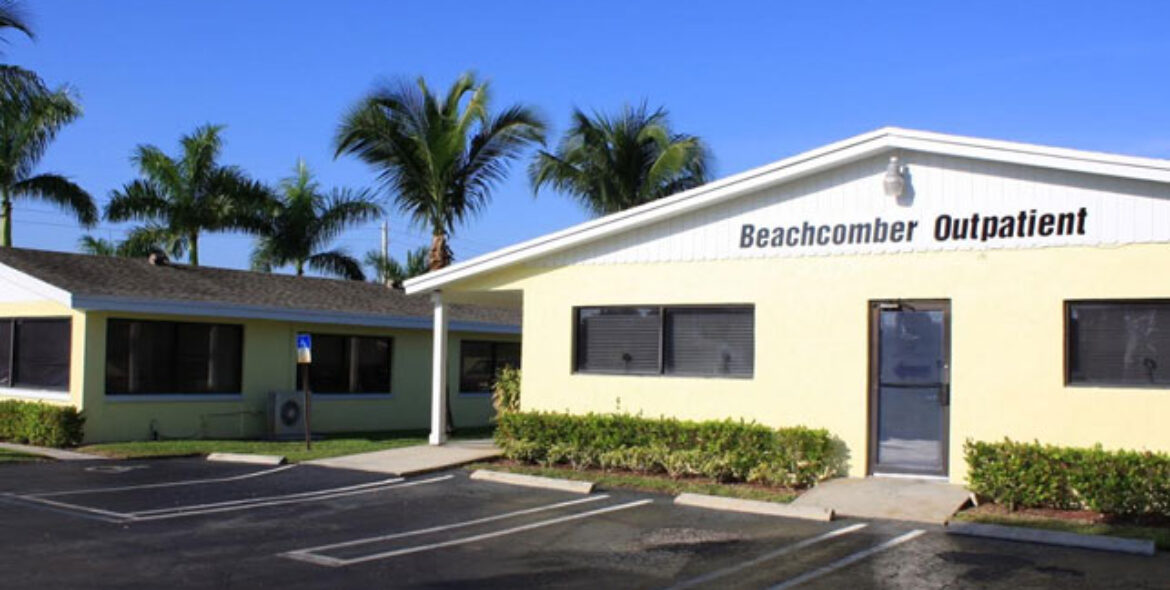A person may go through a number of processes before engaging in drug or alcohol misuse. It may result from a single incident or a string of related ones. Addiction may develop as a result of the effects of such events and the coping mechanisms employed to deal with them. Examining these phases can therefore be crucial to a patient’s rehab therapy.
A person’s struggles with drug and alcohol usage frequently result from a traumatic occurrence in the past. For instance, did you grow up in a difficult environment? Have you experienced a breakup, job loss, or bereavement? Has it impacted how confident you are? These occurrences and the emotions they produce may push someone towards abusing drugs or alcohol.
It is not unusual for anyone suffering from depression and other emotional issues to turn to drugs and alcohol. These substances are commonly used as a coping mechanism when someone doesn’t have the skills or help to deal with their emotions. People without coping skills feel they can experience relief by overeating, overspending, or using drugs and other substances to escape painful emotions. It could appear like using drugs or alcohol is the only way to get rid of bad thoughts and feelings.
Are Outpatient Addiction Programs a Solution?
Patients in outpatient addiction treatment programs who cannot take time off from jobs, school, or other commitments for recovery receive therapy sessions at various times throughout the week. When you participate in an outpatient program, often known as OP, you can stay in your current residence. You go to treatment, typically a few times each week, where you receive therapy and occasionally medication.
The main goals of outpatient therapy are to offer counseling and education. The Beachcomber Outpatient Program assists you in creating a support system that will enable you to maintain sobriety when treatment is over.
While still offering people the necessary support, outpatient recovery programs are significantly less expensive than inpatient ones. Typically, the intensity of your initial treatment sessions is high, then decreases as you get closer to recovery.
What Will Happen During Outpatient Addiction Treatment?
A member of the staff at your alcohol rehab in Fort Lauderdale will assist you in creating a treatment plan as soon as you begin outpatient addiction treatment. They will ask about your history of drug and alcohol use, the prescriptions you take, and any mental health conditions as they go through your whole medical history. Many drug and alcohol rehab centers in Fort Lauderdale will facilitate detox care if you need it.
The drug rehab in Fort Lauderdale Florida will also go through the regulations you must adhere to while receiving treatment. All therapy sessions must be attended, and there may be homework assignments in between sessions. You are frequently required to submit to drug testing at treatment facilities.
You will engage in numerous forms of therapy during outpatient addiction treatment to aid in the resolution of your substance misuse problems. You might receive the following types of therapy:
Individual counseling: These meetings will aid in your understanding of the causes of your addiction and your options for moving forward with a healthy lifestyle.
Group counseling: You’ll discover that others battle the same issues as you in group therapy, and you’ll get the chance to talk about your personal experiences in a secure setting.
Family counseling: Not just one person, but the entire family is harmed by addiction. You can boost your personal recovery and mend relational harm in family counseling.






